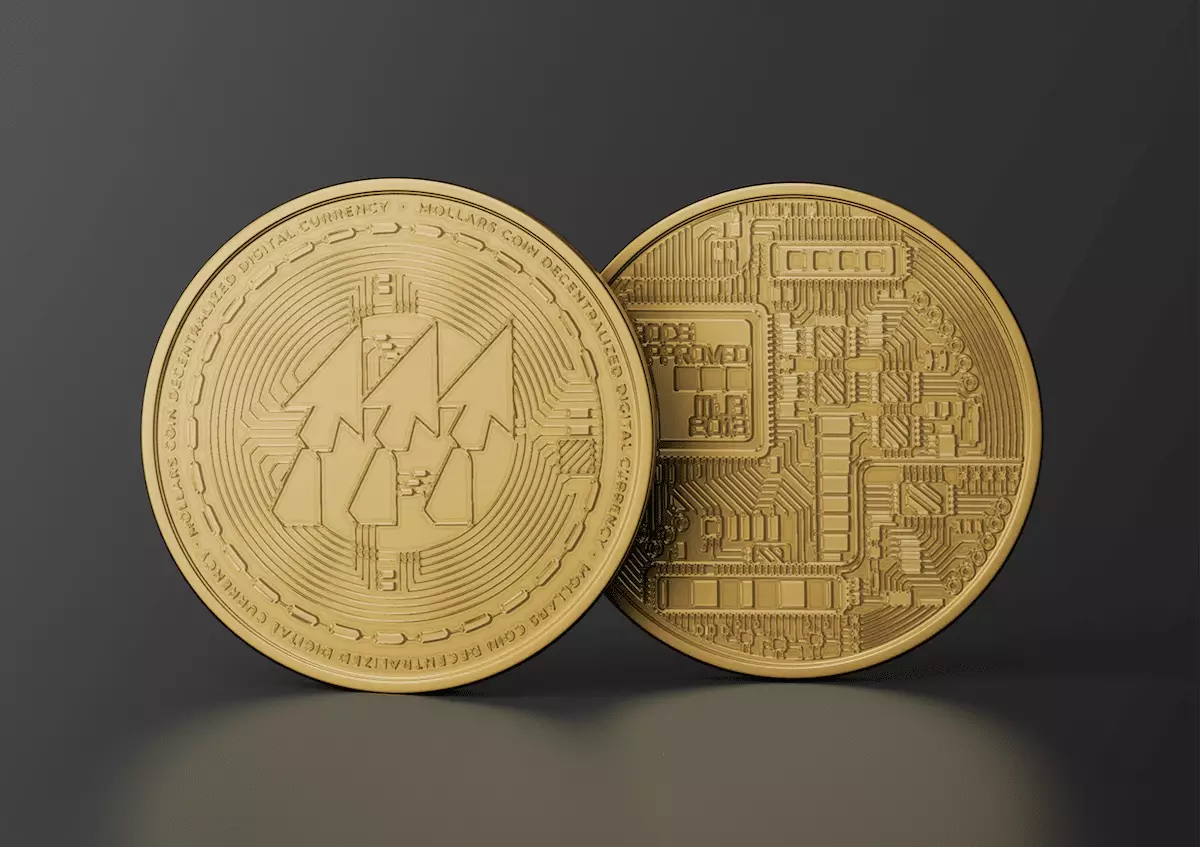The Mollars Cryptocurrency Project has recently faced a major setback as its original domain, Mollars.com, was abruptly shut down and hijacked by a rogue domain registry service. The project has since relocated to Mollars.CC, but concerns have arisen regarding the legitimacy of the domain registry company, NJAL.LA, also known as Njalla. The incident prompted traders and investors to delve into the background of NJALLA, and what they discovered was nothing short of shocking.
Upon conducting a search using keywords such as “Njal.la stealing domains” or “Njalla scam,” individuals were met with alarming search results. It became evident that NJALLA, despite presenting itself as a decentralized-like domain registry, does not operate as a typical registry. Instead, the company purchases domains for clients and retains ownership of those domains without their knowledge.
The extent of NJALLA’s deceptive practices becomes apparent when examining their “about us” page. Here, the company states that when a client registers a domain name with them, NJALLA registers the domain using their own data. In other words, NJALLA becomes the actual registrant of the domain, although clients still have full control over the domain name. While NJALLA maintains some level of transparency on their about us page, this critical information is not readily available to customers during the buying process.
The misleading nature of NJALLA’s business model has put the Mollars.com domain at risk. Numerous complaints about the company can be found on SEO forums, TrustPilot, and Reddit, raising concerns about their credibility. It has also recently come to light that the founder and owner of NJALLA is Peter Sunde, co-founder of the controversial internet site Pirate Bay. This association with a platform with a tainted reputation further tarnishes the image of NJALLA.
The loss of the Mollars.com domain poses a significant challenge for the Mollars project, as a .com domain is generally viewed as more trustworthy compared to a domain like Mollars.CC. While dedicated presale investors may not be swayed by this change, the loss of the domain could impact the project’s potential return on investment. Moreover, the reputation of the project could suffer from NJALLA’s unsavory practices.
Despite the domain debacle, the developers of Mollars have assured investors that all funds raised through the presale are secure. In a tweet addressing the issue, they emphasized that the incident has had no adverse impact on the token project or the contributions made during the presale. It is important to note that presale funds are stored separately from the domain itself. Cryptocurrency, including funds from initial coin offerings, is stored in a crypto wallet, along with a unique key for access. The smart contract used for payments adds an extra layer of security to ensure funds are directed correctly.
The fact that Peter Sunde, the founder of Pirate Bay and NJALLA, cannot access the Mollars funds by controlling the Mollars.com domain further solidifies the separation between the domain and the actual token project. NJALLA’s motivation for hijacking domains from clients likely stems from their potential resale value. Established brands, especially in competitive niches like cryptocurrency, can fetch significant sums of money on the black market. Additionally, NJALLA may profit from back-door payments from rival brands seeking to “snipe” a competitor’s domain.
Despite the challenges posed by NJALLA, the Mollars project remains resilient. Investors can stay updated on the token presale by visiting www.Mollars.cc. There is a chance that the original Mollars.com domain may eventually be returned to the project’s creator. Currently, the Mollars ICO has already raised close to $520,000 (USD) and is on track to sell all 4 million tokens available in the presale supply by the end of the month.
The unexpected hijacking of Mollars.com has shed light on the deceptive practices of NJALLA domain registry. While the Mollars project remains secure, the incident has raised questions about the credibility of NJALLA and their unethical approach to domain ownership. Traders and investors must remain vigilant when engaging with domain registry services and thoroughly research their practices before trusting them with their valuable assets.













Leave a Reply